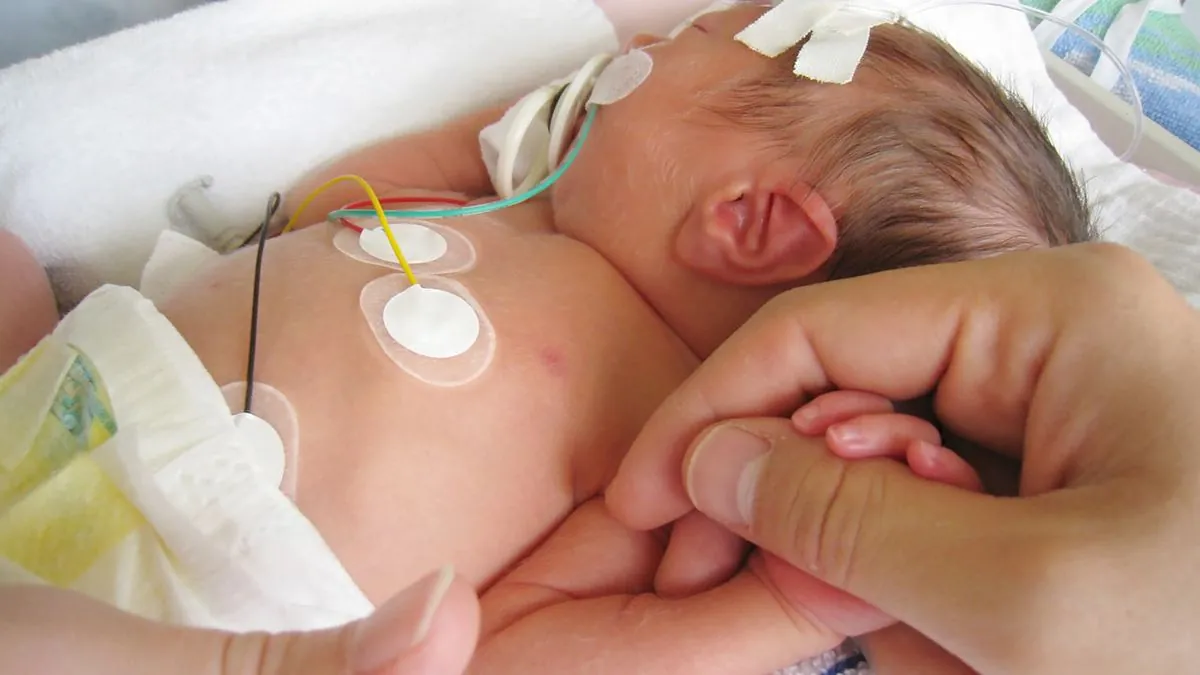On October 2, 2024, a significant legal battle commenced in St. Louis state court, focusing on the health risks associated with infant formula for premature babies. The case involves Elizabeth Whitfield, who is suing Abbott Laboratories, Reckitt's Mead Johnson unit, and St. Louis Children's Hospital on behalf of her son, Kaine.
Kaine Whitfield was born prematurely in 2017 at St. Louis Children's Hospital, weighing approximately 1,000 grams (2.2 pounds). This places him among the 1 in 1,000 premature infants at risk for necrotizing enterocolitis (NEC), a severe intestinal condition with a fatality rate exceeding 20%. NEC primarily affects premature babies and has been a concern in neonatal care since its first description in medical literature in the 1800s.
The lawsuit alleges that Kaine developed NEC after being fed cow's milk-based formulas in the neonatal intensive care unit (NICU). As a result, 80% of his bowel had to be surgically removed, leading to long-term health issues including malnutrition, developmental delays, and cerebral palsy. It's worth noting that cerebral palsy affects about 2 to 3 per 1,000 live births.
Tim Cronin, the lawyer representing the Whitfields, argues that Abbott and Mead Johnson have long been aware of the increased NEC risk associated with their formulas for very small premature babies. He contends that the companies failed to adequately warn parents, hospitals, and doctors about these risks. Cronin emphasizes that babies under 1,500 grams (3.3 pounds) should receive donor human milk when maternal milk is unavailable.
The concept of human milk banks, crucial for providing donor milk to premature infants, has a long history. The first milk bank was established in Vienna, Austria, in 1909, with the United States following suit in Boston in 1910. Today, donor milk undergoes pasteurization to ensure safety for vulnerable infants.
St. Louis Children's Hospital, founded in 1879 and one of the oldest pediatric hospitals in the U.S., is also named in the lawsuit. Cronin criticizes the hospital's protocol at the time, which prioritized donor milk only for babies under 1,000 grams.
This case is part of a larger litigation involving nearly 1,000 similar lawsuits. It marks the first time both Abbott and Mead Johnson face trial together, and the first case against a hospital. Previous trials have resulted in substantial verdicts: $60 million against Mead Johnson and $495 million against Abbott.
The defendants are expected to argue that their products do not cause NEC, instead suggesting that breast milk protects against it. This stance aligns with recommendations from organizations like the World Health Organization and the American Academy of Pediatrics, which advocate for human milk for preterm infants.
The ongoing litigation has raised concerns among medical professionals who fear that formula companies might discontinue specialized products for premature infants. This worry underscores the complex balance between addressing potential risks and ensuring the availability of necessary nutritional options for vulnerable newborns.
As the trial unfolds, it will likely draw attention to the broader issues surrounding premature infant care, including the role of human milk banks, the development of safer formula options, and the importance of informed decision-making in neonatal care.
"The companies made no attempt to tell parents at all, and no serious legitimate attempt to communicate to hospitals or doctors about the extent of the risk."
The case, while focused on the specific circumstances of Kaine Whitfield, reflects ongoing debates in the medical community about the best practices for feeding premature infants. As research continues and awareness grows, it may lead to changes in hospital protocols and industry practices, ultimately aiming to improve outcomes for the smallest and most vulnerable patients.
